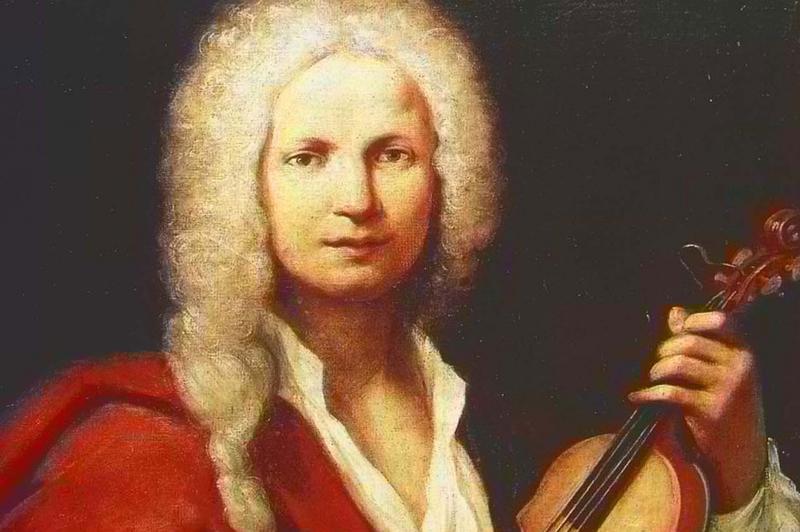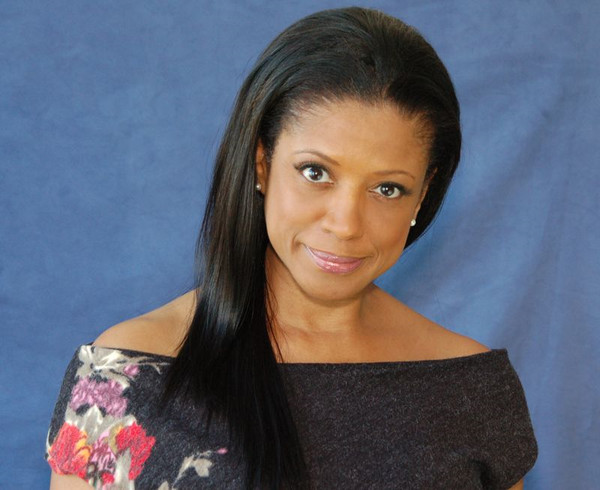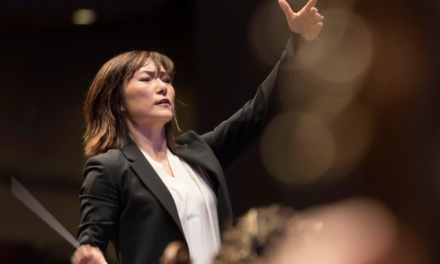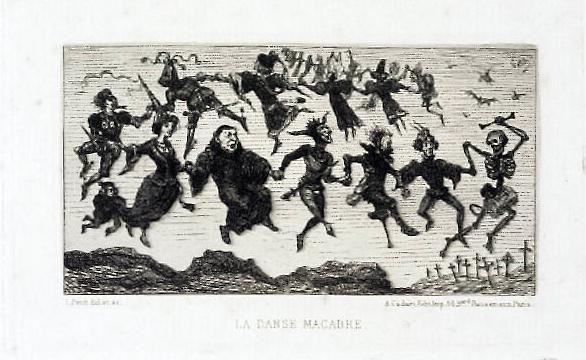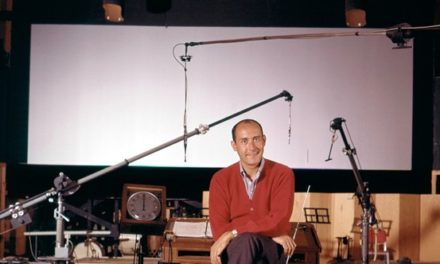Antonio Vivaldi.
Vivaldi, Bach, and Mozart
Louisville Master Chorale
Mark Walker, conductor
A review by Annette Skaggs
Entire contents are copyright © 2020 by Annette Skaggs. All rights reserved.
While they are not necessarily de rigueur as they once were, choral Requiems still hold a place in our collective musical and religious backgrounds.
To have a Requiem performed in your honor was something most commonly reserved for the wealthy, political leaders, and the clergy. Of course, the higher the position of the deceased, the longer the Requiem Mass tended to be. While not every person was afforded such musical lavishness, most funerals and memorials, even to this day, contained pieces from Requiems, such as a Gloria, Kyrie, and Credo. These moments are practiced still in an everyday mass, sometimes translated to other languages, but commonly in the original Latin.
The Louisville Master Chorale shared with selections of Requiem Masses from three of the most notable composers of such works: Vivaldi, Bach, and Mozart. The program notes that were provided in the program, written by Millard Dunn, contained some wonderful insights about the history and theories centered on the afternoon’s selections. They even share a bit about the composers as well. I can save that for another time.
We’ll begin with Vivaldi’s Gloria, which served as a sort of template for Bach when he composed his Mass in B minor (BWV 232). It is not at all outlandish to believe that Bach was familiar with Vivaldi, as he arranged some of Vivaldi’s pieces for strings.
While many Glorias are set within one movement, Vivaldi set his into twelve, which feature beautiful and technically difficult solos. The talents of Mary Redden and Audrey Dawson were on display throughout the piece. It was within the Laudamus te duet that I could hear each vocalist listen closely and blend well. Perhaps the best solo work was with Ms. Dawson’s Qui sedes ad dexteram Patris, although it is commonly performed by a contralto.
Aside from the solo work, the choral side of it truly embraces the Baroque style and the chorus did well in achieving that sound. However, I did notice during melismas, of which there were a few, coro and solo alike could have used a bit more energy.
Next, we move from the Baroque and into the Classical with Mozart’s Spatzenmesse, or Sparrow Mass (K. 220), nicknamed either for the sound within the Sanctus where the violins resemble the sound of birds chirping, or the hypothesis that Director Mark Walker shared that maybe Mozart heard birds within the sanctuary. No matter how the chirping got in, there is no denying their impactful, joyful noise.
A relatively short Mass, with six movements, it features four soloists, an SATB choir and small chamber orchestra. Soloists Laura Lea Duckworth, Kathleen Regneri, Dylon Crain and William Schauf were effective and moving, but not without a flaw or two. Unfortunately, I believe it was Ms. Regneri as an alto, whose voice would get a little lost in the shuffle. The opposite can be said of Mr. Crain, whose lovely sound could have been brought down another volume point during the Benedictus.
Later the group jumped back to the Baroque era to offer a sample of music that the Chorale will be performing later in the season, Bach’s Mass in B minor (BWV 232) with the Kyrie and Gloria movements.
To be sure, the Mass is a large piece, but as was common in the church at the time, many masses consisted of just the Kyrie and Gloria, so this selection fit right in with the times.
Featuring soloists Ms. Duckworth, Ms. Redden, Ms. Dawson, Bill Coleman, and Alexander Redden, the choir and a bit larger chamber orchestra that includes members of the Louisville Orchestra, the piece is written in 12 movements.
In the Christe eleison, Ms. Duckworth and Ms. Redden seemed to stumble just a hair on tonality, but made a quick recovery. The soprano/tenor duet Domine Deus was full of warmth and charisma, as was Mr. Redden’s Quoniam tu solus sanctus.
It cannot be understated how important it is for a chorus to stay focused and summon large amounts of energy for these types of works. While there were times that the energy seemed to falter a little, a small push from the conductor seemed to give everyone the umph that was needed.
Based on the musicianship shared by the singers and the well-practiced small orchestra, I am very much looking forward to what other treats that the Chorale has in store.
Bravi Tutti!!
Vivaldi, Bach, and Mozart
February 23, 2020
Louisville Master Chorale
Harvey Browne Memorial Presbyterian Church
311 Browns Lane
Louisville, Kentucky 40207
www.LouisvilleMasterChorale.org
Annette Skaggs is heavily involved as an Arts Advocate here in Louisville. She is a freelance professional opera singer who has performed throughout Europe and in St. Louis, Cincinnati, Boulder, Little Rock, Peoria, Chicago, New York and of course Louisville. Aside from her singing career, she has been a production assistant for Kentucky Opera, New York City Opera, and Northwestern University. Her knowledge and expertise have developed over the course of 25+ years’ experience in the classical arts.
2020 Arts-Louisville/Broadway World Theatre Award Sponsorship provided by


